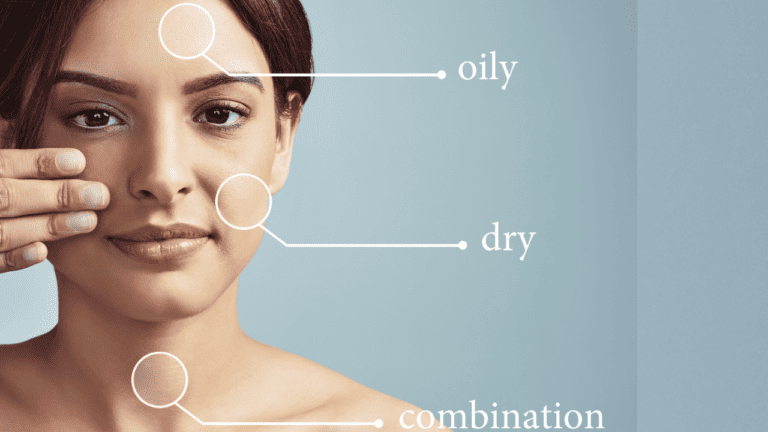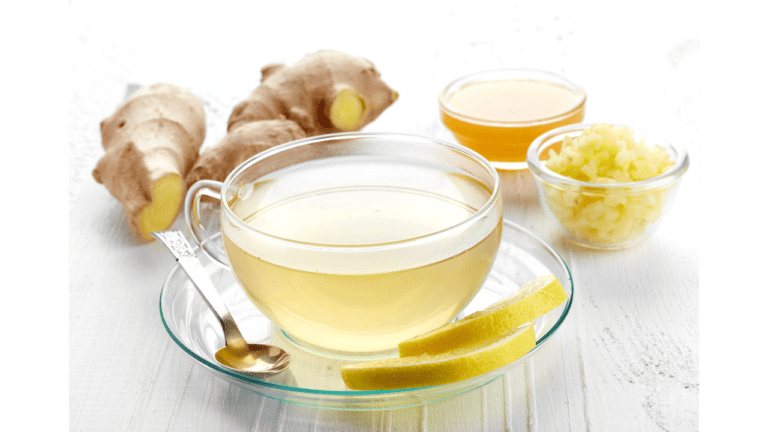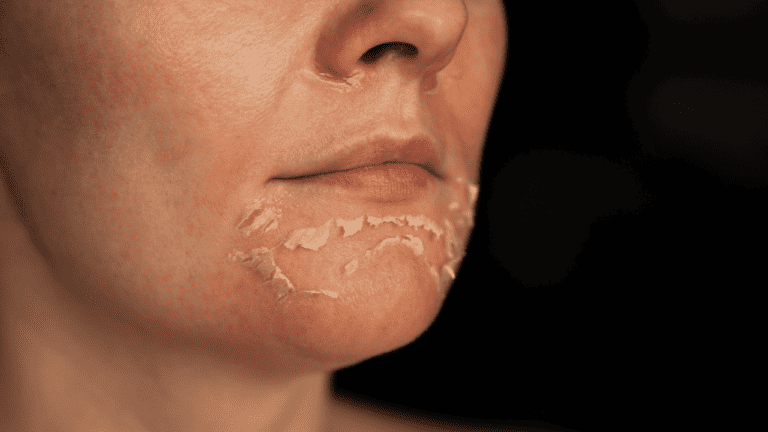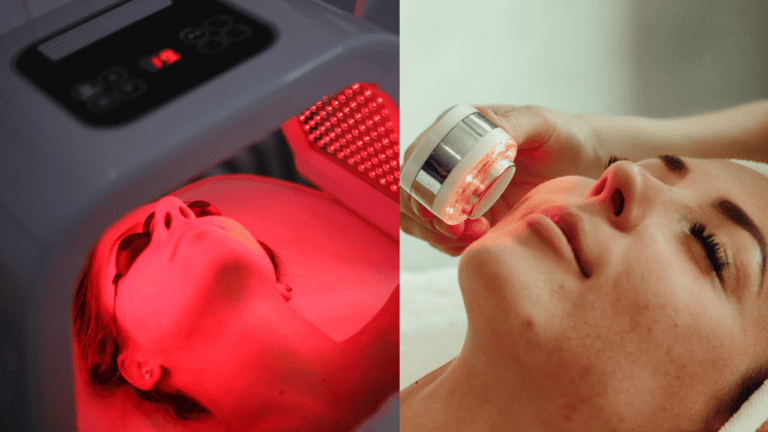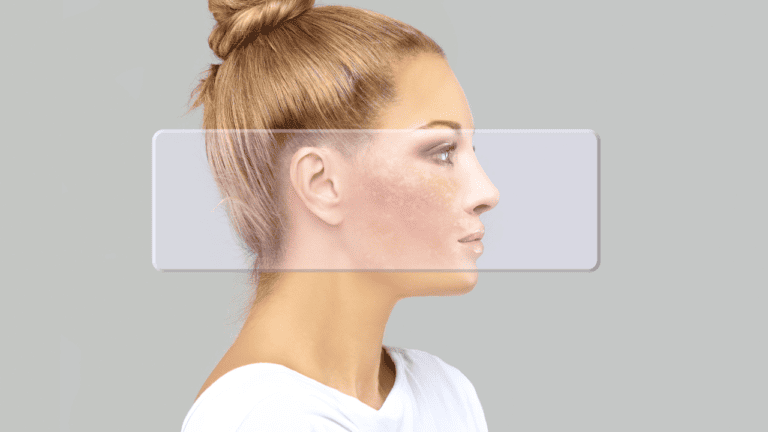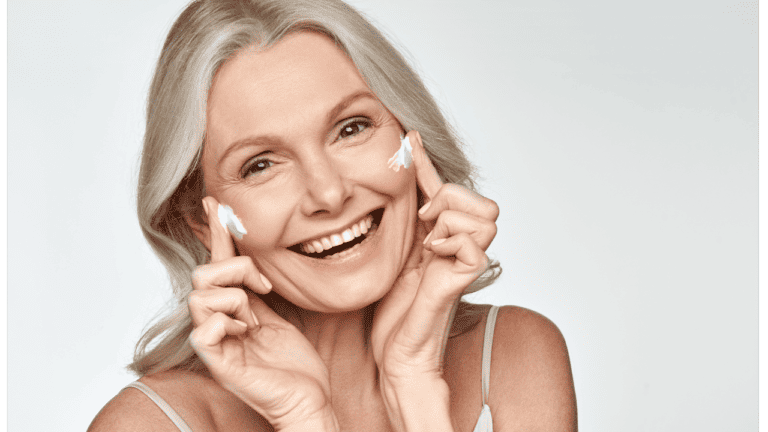Ginger, a rhizome revered for its culinary and medicinal properties, has earned a spotlight in the health community for its potential benefits when consumed in concentrated forms such as ginger shots. Exploring natural remedies, these pungent doses are believed to harness the essence of ginger’s active components, including gingerol, which is often credited with anti-inflammatory and antioxidant properties. In the context of skin health, inflammation is a key contributor to various skin conditions, suggesting a possible role for ginger in managing disorders like eczema, psoriasis, and acne.
The regular use of ginger shots may offer a complementary approach to traditional skin care routines. Studies highlight the potential of ginger to support skin health by soothing inflammation and reducing the symptoms associated with certain skin conditions. Ginger’s antioxidants also contribute to skin health by combating oxidative stress, a factor that can exacerbate skin issues and accelerate aging. Specifically, ginger’s impact on skin disorders centers around its capacity to help modulate inflammatory responses and protect the skin at a cellular level.
While the direct linkage between ginger shots and skin improvements is a subject of ongoing research, anecdotal evidence suggests many individuals experience positive results. Nevertheless, it remains essential for anyone considering ginger shots for skin health to understand the balance between scientific findings and personal outcomes, affirming the importance of ginger as a potential ally against skin ailments.
The Benefits of Ginger Shots

Ginger shots have garnered attention for their health benefits, which range from bolstering the immune system to aiding in digestion and managing pain and inflammation. These potent concoctions, concentrated with ginger juice, are rich in gingerol, a component known for its anti-inflammatory and antioxidant properties.
Immune System Boost
Ginger shots can be a beneficial addition to a diet aimed at strengthening the immune system. The presence of gingerol in ginger is associated with immune system support, as this powerful antioxidant can protect the body from oxidative stress. Studies have linked ginger with an enhancement of the immune response, suggesting that regular intake may contribute to health resilience.
Digestive Health Promotion
The benefits of ginger extend to the digestive system, where it has been traditionally used to calm indigestion. Ginger shots may aid digestion by stimulating the body’s natural digestive enzymes, which can lead to a smoother and more efficient digestive process. The anti-inflammatory qualities of ginger also suggest a positive effect on gut health and comfort.
Pain and Inflammation Management
Managing pain and inflammation can be an ongoing challenge; however, ginger shots might offer some relief. The anti-inflammatory agents in ginger have been shown to reduce inflammation and may also ease pain related to inflammatory conditions. Consuming ginger in concentrated shots concentrates these benefits, providing a substantial dose of pain-relieving compounds.
Understanding the Role of Ginger in Skin Health

Ginger, renowned for its antioxidant and anti-inflammatory properties, plays a significant role in skin health. It is packed with nutrients that may contribute to a healthier, clearer complexion and has been used to address various skin concerns.
Antioxidant and Anti-Inflammatory Effects
Ginger contains a compound known as gingerol, which is responsible for much of its medicinal properties. Antioxidants present in ginger can protect the skin from free radical damage, which contributes to skin aging and skin health deterioration. The anti-inflammatory effects of ginger can reduce skin inflammation, which can alleviate symptoms of conditions like eczema, psoriasis, and acne. It’s also suggested that the anti-inflammatory properties may reduce the appearance of scars and even help with cellulite by improving circulation and skin tone.
Ginger’s Nutrients Impact on Skin
The nutrients in ginger, such as vitamins, minerals, and amino acids, contribute to its ability to promote healthy skin. Vitamin C, for instance, is vital for the production of collagen, which is crucial for skin’s elasticity and firmness. Regular use of ginger in skincare can help to keep the skin looking youthful and can potentially help to fade scars over time. By countering oxidative stress, ginger’s compounds support the skin’s capacity to repair itself, making it a noteworthy addition to skincare routines aimed at maintaining a radiant and resilient complexion.
Incorporating Ginger Shots into Your Diet

Adding ginger shots to your daily regimen could potentially offer health benefits, and it’s important to do so in a way that complements a balanced diet. These concentrated beverages can be potent, so understanding how to properly integrate them is key.
Recipes for Homemade Ginger Shots
Creating homemade ginger shots is a straightforward process and allows for the inclusion of additional health-enhancing ingredients. For a basic shot, one would need fresh ginger root, lemon juice, and an option of honey for sweetness. Typically, you’d blend about two inches of fresh ginger with the juice of two lemons. If desired, a teaspoon of honey can be added for flavor and some anti-inflammatory benefits. For added nutrients, include turmeric or apple to not only enhance the flavor profile but also to boost the antioxidant content of the shots.
Balancing Ginger Shot Intake with Overall Diet
While ginger shots may be beneficial, they should be consumed in moderation as part of a well-rounded diet. They are not a substitute for whole foods but rather a supplement to a diet already rich in nutrients. Individuals seeking weight loss or other health improvements may consider incorporating ginger shots alongside other healthy lifestyle choices, such as drinking plenty of water, consuming a variety of juices and smoothies, and staying hydrated with beverages like coconut water. The shots should complement a diet that supports one’s overall health objectives without relying solely on them for results.
Potential Side Effects and Considerations
While ginger shots offer various health benefits, it is crucial to consider potential side effects and interactions. Ginger contains active compounds like gingerols and shogaols, which can influence health in multiple ways.
Interactions with Medications
- Warfarin and other blood thinners: Ginger has a blood-thinning effect, potentially enhancing the effects of medications like warfarin. Individuals on such medication should consult a healthcare provider before taking ginger shots.
- Medication for diabetes and high blood pressure: Due to its blood sugar and blood pressure-lowering capabilities, those on related medications should monitor their levels closely to prevent hypoglycemia or hypotension.
Managing Sugar Intake from Ginger Shots
- Added sugars: Many commercial ginger shots include added sugar or lemon juice to improve taste, which can impact blood sugar levels and overall calorie intake. For individuals managing weight or diabetes, it is essential to choose ginger shots with low or no added sugars.
- Blood sugar fluctuations: Ginger itself influences blood sugar levels. While it can be beneficial for managing type 2 diabetes by lowering blood sugar levels, the sugar content in ginger shots might negate these benefits if not carefully managed.
External Use of Ginger for Skin and Hair
Ginger is renowned for its potential benefits when applied topically, often used in homemade treatments to address skin and hair concerns, promoting the health and appearance of both.
DIY Ginger Skin and Hair Treatments
- Ginger Masks: Applying a mask made with ginger can help address skin issues like acne and scars. Ginger’s bioactive compounds may support skin health by encouraging collagen production, which is crucial for skin elasticity and regeneration.
- Ginger Scrub: For exfoliating dead skin cells or minimizing the appearance of cellulite, a scrub incorporating ginger could contribute to clearer skin. Users often report a more even skin tone after regular use.
- Ginger for Hair: Incorporating ginger into a DIY shampoo or scalp treatment can potentially stimulate hair growth and reduce problems like dandruff. Its natural antiseptic properties help to cleanse the scalp, fostering a healthier environment for hair to grow.
- Home Remedies: As a home remedy, ginger has been traditionally employed to fade scars and improve the overall appearance of the skin. Regular application as part of a home care routine may yield visible improvements.
Precautions for Topical Use of Ginger
- Patch Test: Before fully integrating ginger into any topical regimen, it is crucial to perform a patch test to ensure no allergic reactions or skin sensitivities occur.
- Concentration: Using ginger in a highly concentrated form may cause irritation. It is important to dilute it properly when preparing DIY treatments to maintain skin health without adverse effects.
- Sensitive Areas: Avoid applying ginger on sensitive areas or on broken skin to prevent irritation.
- Frequency: Keep the frequency of application moderate to prevent potential skin sensitivities, especially on the face where the skin may be more delicate.
Frequently Asked Questions
Ginger is recognized for its anti-inflammatory and antioxidant properties, which can be favorable for the skin. The questions below delve into specifics of how ginger is helpful in varying skin conditions.
What are the benefits of ginger for managing hyperpigmentation?
Ginger contains gingerol, which has anti-inflammatory properties that may help in reducing the appearance of dark spots caused by hyperpigmentation.
How does ginger help in the treatment of skin wrinkles?
Ginger’s antioxidant properties can combat skin aging signs by attenuating the oxidative stress that leads to wrinkles and sagging skin.
Can daily application of ginger have positive effects on facial skin health?
Regular application of ginger on the face may improve skin tone and texture due to its anti-inflammatory and antioxidant effects.
What role does ginger play in combating skin infections?
The antimicrobial properties of ginger can be beneficial in treating skin infections and can help in maintaining healthy skin.
How can ginger be effectively used to treat pimples?
Applying ginger topically may reduce inflammation associated with pimples and has been suggested by research studies to assist in the skin’s healing process.
Are there skin benefits to drinking ginger tea regularly?
Drinking ginger tea potentially aids in skin detoxification and may contribute to a clearer complexion by supporting overall skin health.

